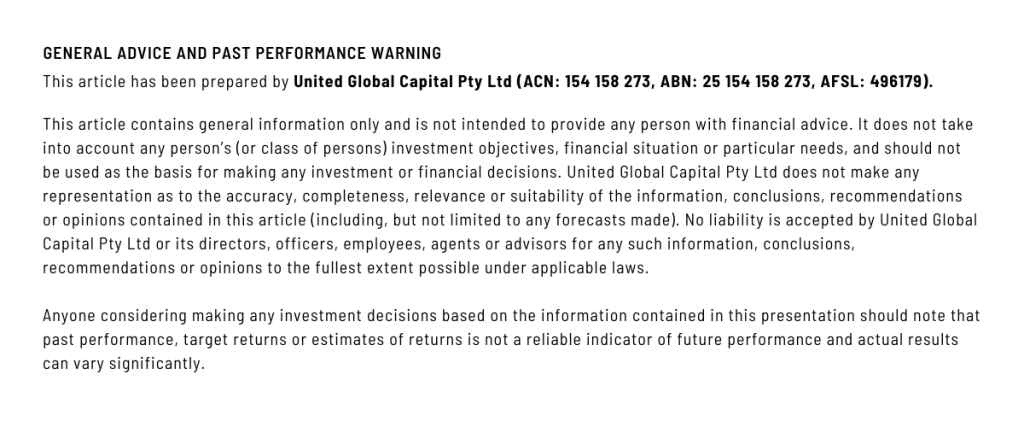Trusts and Tax Efficiency: Navigating the New Era of Wealth Management
Managing your finances tax-effectively has always been a priority, but with forthcoming tax regulations for superannuation, individuals with substantial balances are exploring alternative avenues for retirement savings. Amid this landscape, trusts are making a notable comeback.

Harnessing the Power of Trusts
Trusts are highly regarded in Australia for their versatility and tax benefits, making them indispensable for managing your financial affairs. At their core, trusts represent a formal arrangement where a legal entity holds assets on behalf of another. This separation grants the trustee legal ownership of the assets, while beneficiaries (typically family members) receive the income generated by those assets.
A prime example of a trust structure is a self-managed super fund (SMSF). In this case, the fund trustee holds legal ownership of the assets, and members receive returns on investments within the SMSF trust.
Choosing the Right Trust
There’s a diverse range of trust types available, each catering to distinct financial objectives. For small businesses and families, the discretionary trust, also known as a family trust, is the most common choice. These trusts offer remarkable flexibility, enabling you to include immediate and extended family members, family companies, and even charitable organisations.
In a discretionary trust, the trustee enjoys full discretion in distributing both income and capital among various beneficiaries. This flexibility proves invaluable when allocating income to family members with differing marginal tax rates.
Benefits of Trust Structures
Discretionary trusts offer numerous advantages, including tax optimisation, asset protection, estate planning, and property management. They also facilitate asset accumulation for younger generations within your family and present opportunities for capital gains tax discounts.
For small businesses and farming enterprises, discretionary trusts can shield valuable assets from creditors in the event of business insolvency or a beneficiary’s divorce, as the trust legally owns these assets.

Wealth Building Beyond Superannuation
With new tax regulations affecting super fund balances exceeding $3 million, trusts become an appealing tool for continued wealth accumulation. Unlike super funds, trusts do not have annual contribution limits, investment restrictions, or borrowing limitations. Money can be added or withdrawn from the trust as needed, offering significant financial flexibility.
Discretionary trusts can also be employed to provide regular income to vulnerable beneficiaries who might struggle with impulsive spending decisions. The trustee can opt to provide a consistent income stream to beneficiaries with financial challenges, rather than lump-sum distributions.
Holding assets within a trust is also advantageous for estate management, as these assets do not form part of a deceased estate, reducing the likelihood of contested wills.
When Trusts May Not Be the Solution
While trust structures offer numerous benefits, it’s essential to consider potential tax implications. Unallocated trust income is taxed at the highest marginal rate. Distributions to minor children are taxed at elevated rates, and tax losses within a trust cannot be allocated to beneficiaries, necessitating their retention within the trust.
Setting up, administering, and dissolving trusts can be costly and complex. Additionally, trustee actions are bound by the terms of the trust deed. In cases of family disputes, managing a trust can become challenging, and making post-establishment changes is not straightforward.
In this evolving financial landscape, trusts emerge as a potent tool for wealth management and tax optimisation. To explore how trusts can align with your unique financial goals and receive personalised guidance, reach out to our wealth management experts today.

